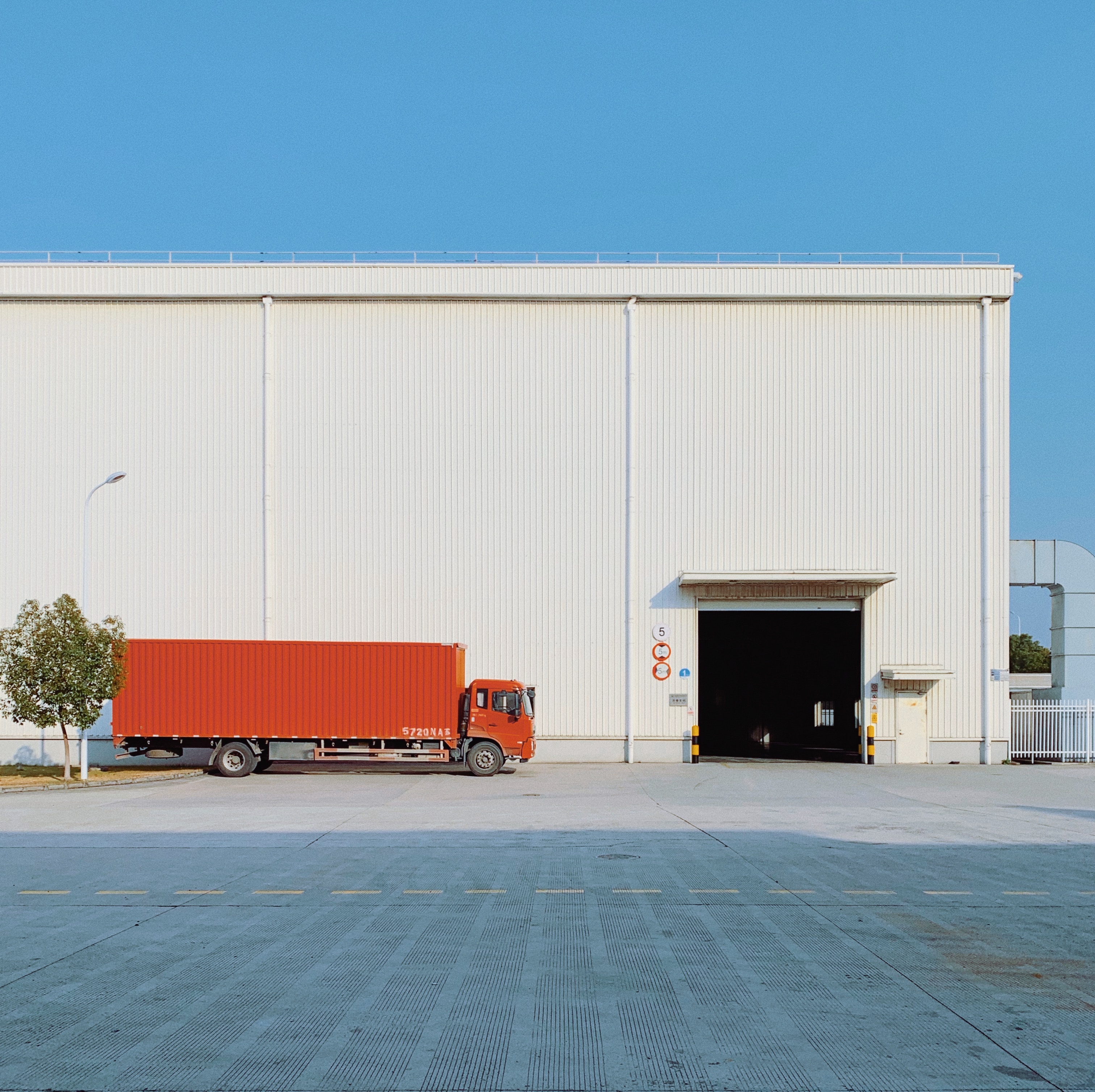
Angela Laing has lived on Potters Wheel Crescent for 25 years.
Her Glen Abbey area home backs onto the Indian Ridge trail system. On the other side of the trail are the North Service Road's employment buildings.
There's always been occasional noise from the highway or the buildings behind her, but until November 2021, nothing that caused her any concern.
Since then, she says she's barely had a decent night's sleep.
What's changed?
First, the provincial government changed noise rules. Then a distribution company moved into the industrial building behind her house.
"Vibrates the ground, rattles the windows"
Darkness brings apprehension, frustration and anger.
Around 9 p.m., trucks begin arriving at the loading dock behind 1215 North Service Road. It's about 100 feet behind Laing's house.
The intermittent banging starts.
About every minute or so, a loud bang comes from the loading dock. It echoes through the house, vibrating the ground and rattling the windows.
"Sometimes they're exceptionally loud, sometimes they're just loud," says Laing.
Loading a truck takes between 45 minutes and an hour. The work continues periodically through the night, until 3 or 4 a.m., every night from Sunday to Thursday.
"I've tracked every single time they've woken us since November 2021," she says, holding a red binder full of notes about the problem – and all the ways she's unsuccessfully sought to resolve it.
Emergency pandemic rules now allow 24/7 delivery work
Until 2020, Oakville's noise bylaw banned the "loading, unloading, delivering, packing, unpacking, or otherwise handling any equipment, containers, products, materials, or refuse" during overnight hours, as well as on Sundays and statutory holidays.
But during the pandemic, the Ontario government approved emergency rules – known as the Main Street Recovery Act, 2020 (Bill 215) – to allow 24-hour deliveries to retail stores, hotels, restaurants or goods distribution facilities.
Read more: Should the town have a say on loading noise?
In 2021, the province made those rules permanent, with changes to the Municipal Act to remove the power of municipalities to manage delivery noise unless authorized by regulation.
That same year, Precision Home and Office Deliveries moved into the building behind Laing's house, and the nightly noise began.
Over the last 18 months, Laing has repeatedly called the town's bylaw department, the Halton police, who manage Oakville bylaw complaints during nighttime hours, and the provincial Ministry of the Environment, to object to the disruption to her life.
She's been told that the new provincial rules mean there's little the authorities can do to help her.
Her emailed complaints to town councillor Peter Longo and Oakville MPP Stephen Crawford have gone unanswered.
Neighbours have told her they've shifted bedrooms to sleep at the front of their house, further from the noise.
"We're at a loss. We haven't gotten any sleep since November 2021, and I just don't think it's fair," says Laing.
"Allowed to operate there"
Eric Francoeur is the vice president and general manager of Precision Home and Office Deliveries, an arm of ASL Distribution Services which is now owned by shipping giant Fastfrate Group.
The company collects, sorts, stores, transports and delivers products for retail and e-commerce through various warehouses in Oakville.
Francoeur says the company has done a lot to mitigate the loading noise since town bylaw officers made them aware of Laing's complaints late in 2021.
It has moved business that is a "high activity level between midnight and 5 a.m." to another Oakville warehouse. Backup beeping alarms have been disabled on trucks reversing into the loading area.
"Another piece we found was making a lot of noise is when we're loading a vehicle, we have a forklift that moves pallets into the truck," said Francoeur. "There's a dock plate that connects the actual dock to the back of the trailer. When the forklift goes into the trailer, that makes a big bang noise."
The company switched from forklifts to smaller, lighter electric pallet jacks that make less noise when they move from the dock to the trailer, he said.
Francoeur says he's making sure best practices are in place to minimize the noise experienced by neighbours behind the warehouse but adds, "We're in an industrial area; we're allowed to operate there for what we do."
"In order to meet the demand, whether for retail or e-commerce, we need to be able to operate in the market that we serve."
"Shameful" to ignore the problem
With five warehouses, 1.3 million square feet and 226 tractor-trailer docks slated to be built on a section of Winston Churchill Boulevard (WCB) in the vicinity of about 50 homes, Laing's story worries Joshua Creek Residents Association president Elizabeth Chalmers.
"The situation in which this resident finds themself is exactly what our board fears will happen with the WCB warehouses: noise issues that are ignored by various levels of government and government departments," she wrote in an email to Oakville News.
"It is shameful both the province and town are ignoring the problem."
In response to a request to restore its ability to regulate noise, Oakville received a letter from Steve Clark, the provincial minister of municipal affairs, according to the town's communication department.
"By enabling good deliveries during off-peak hours, these changes can help businesses (delivery companies and receivers) to achieve greater flexibility in scheduling deliveries, as well as fleet and staff utilization, and thus support economic recovery," it said. "These changes could also potentially reduce traffic congestion and lower emissions by minimizing delay on the road."
Stephen Crawford did not respond to several Oakville News requests to discuss Laing's complaints.
Last summer, when we asked Crawford whether he would push for a return of municipal rights to regulate noise, he emailed a statement.
"As your MPP, I am always open to hearing concerns from residents. I want to ensure that we have consistency for both suppliers and businesses, which is important for Ontarians and the economy."